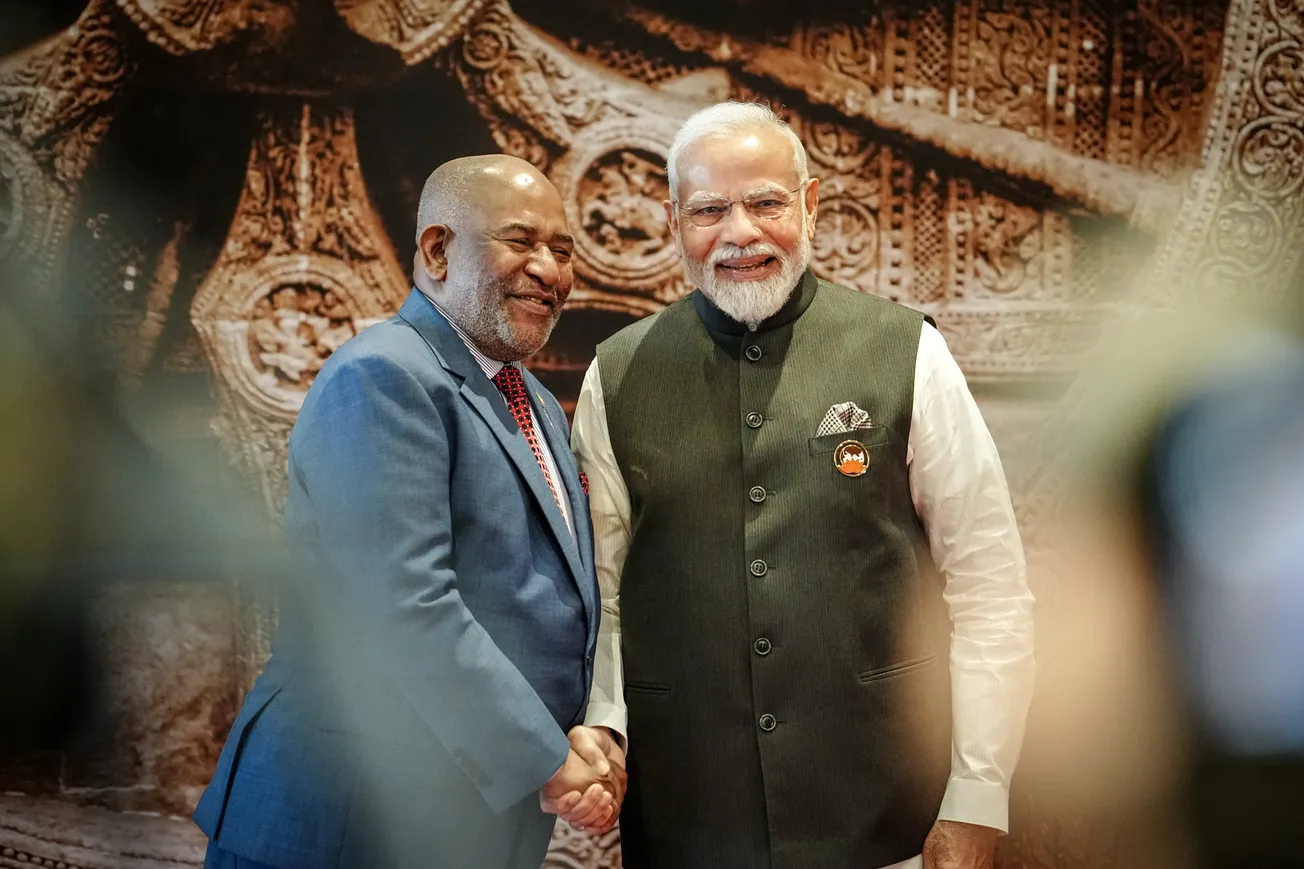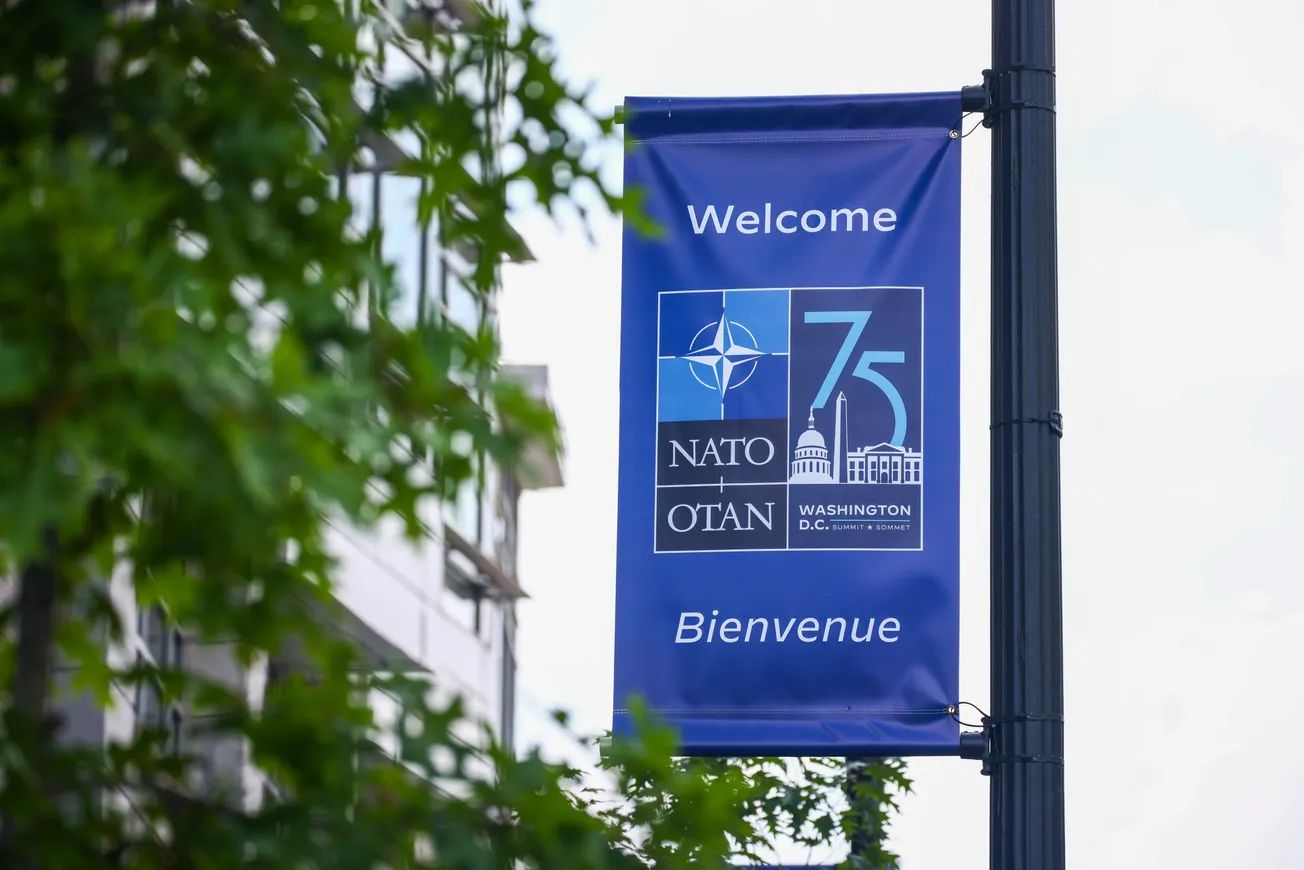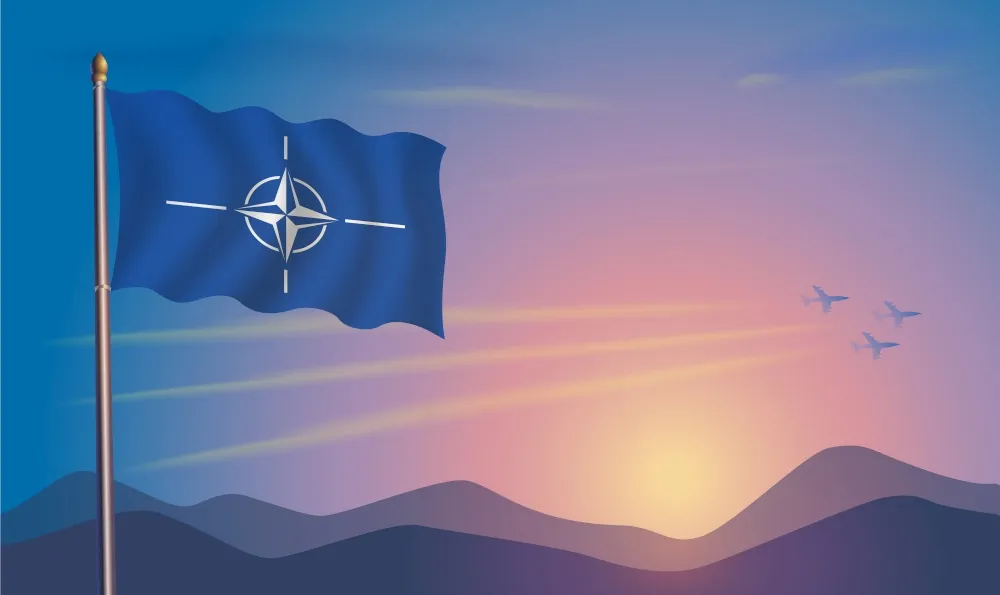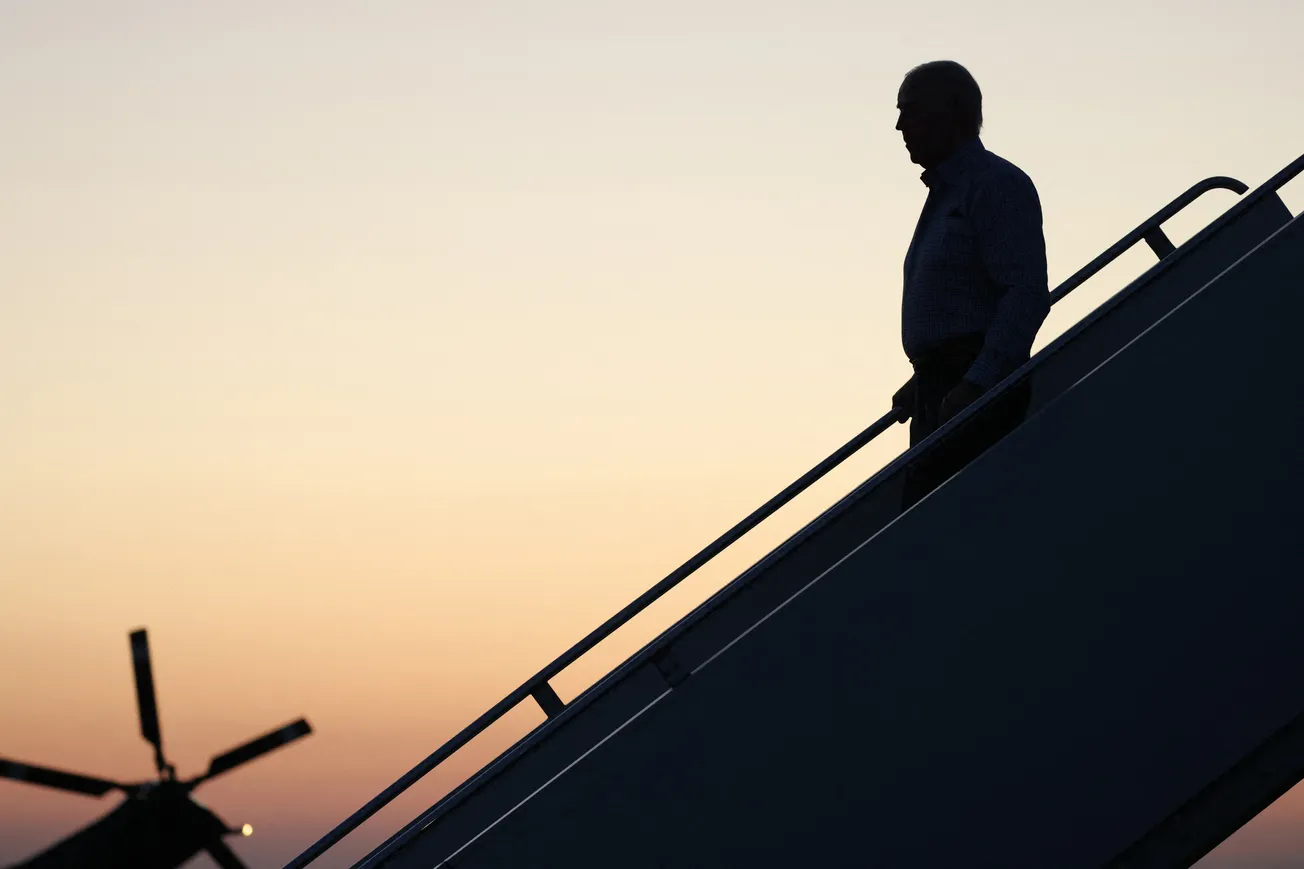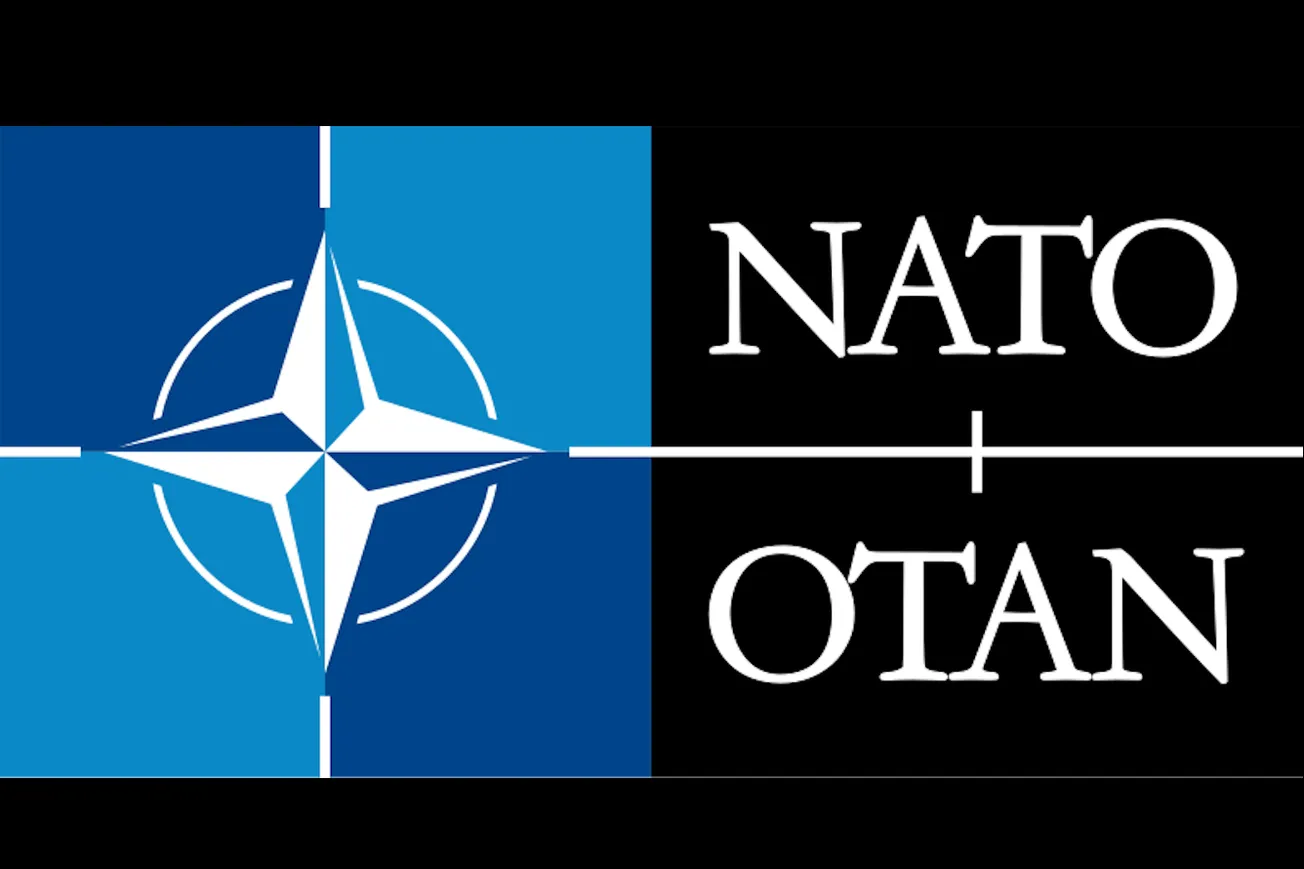- The African Union joining the G20 as a permanent member (G21) marks a significant shift in global power dynamics towards greater inclusivity
- The G21 focuses on practical solutions for developing nations, emphasizing economic development and operational efficiency, in contrast to the G7's historical reliance on military and financial leverage
Nearly 48 years ago, the world's wealthiest economies formed an elite organization called G7 to coordinate responses to global events.
Meeting in Puerto Rico in 1976, the leaders of Canada, France, Germany, Italy, Japan, the United Kingdom, and the United States discussed inflation as it raged worldwide following the Arab oil crisis. Among the topics debated were economic challenges, as countries had earlier abandoned the Bretton Woods system linking currencies to gold, allowing them to be free-floating, fiat currencies. In recognition of the wealth of the European Economic Union, the EU became a permanent invitee to annual G7 meetings beginning in 1981.
It is remarkable that every year since 1976, this cabal of mostly historical colonial powers has made decisions that the rest of the world has dutifully followed. While the communiqués often considered global outcomes, the thrust was primarily looking inward: how to maintain the dominance of the G7 in world affairs.
In the mid-late 1990s, as the world celebrated the fall of the Soviet Union and the end of the first Gulf War, many of the world's economies prospered. So high was the camaraderie that in 1997, Russia was invited to the elite Group, creating the Group of 8 (G8). The Cold War was truly over. In 1999, in recognition of the rise of developing nations and their impact on world events, the G8 invited twelve other countries to form the G20. It is a period to which today's world would gladly return, as suddenly, it seemed everyone had a voice at the table, a far cry from 1976. But to remind everyone about their importance and to protect their egos, the G8 continued to exist, not disbanding after the G20 was formed.
Since 1999, the world has become a three-tiered system of elites: the G8, the G20, and everyone else. [In 2014, the G7 members suspended Russia's membership in the Group after Russia's annexation of Crimea; note how Ukraine has continued to play an outsized role in world affairs]. As usual, Africa, with its 53 countries, was grouped in the ‘everyone else’ category.
At the meeting in New Delhi this week under the leadership of the current G20 president, India, something historic happened. The African Union was added as a permanent member of the G20, making it the G21. For a brief period, camaraderie returned as the world joined hands in celebrating its people rather than creating divisions.
The power shift was evident and is primarily a result of President Biden's failing Neocon team that prefers using military might, often hypocritically, instead of engaging in peace talks to further the international world order. Under Biden, Europe is better integrated because of promises of military support. Sweden and Finland have joined NATO, a security alliance. G7 critics in the G20 have often remarked that the world order serves to meet the needs of the G7, not the rest of the world.
Many countries in the G20 do not agree that Russia's invasion of Ukraine was unprovoked, so while the elite G7 wanted to continue to condemn Russian aggression in New Delhi, the proposal went nowhere. As the New York Times reported live events, the third paragraph of last year's joint statement said that the G20 "deplores in the strongest terms the aggression by the Russian Federation against Ukraine and demands its complete and unconditional withdrawal from the territory of Ukraine." This year's statement did not contain that line – or any other line calling for a Russian withdrawal, a remarkable rebuke of G7 priorities.
Africa is slowly gaining international recognition. In 2010, South Africa teamed up with Brazil, Russia, India, and China to become the founding member of BRICS. The BRICS nations represent 42% of the global population and boast a combined nominal GDP of USD 28 trillion. The 28-member EU has a GDP of about $17 trillion.
BRICS has met 15 times, most recently in Johannesburg three weeks ago, under the leadership of Cyril Ramaphosa, South Africa's leader, who invited the leaders of 67 countries to the summit. Argentina, Egypt, Ethiopia, Iran, Saudi Arabia, and the United Arab Emirates had all eagerly expressed plans to join the bloc and will do so on January 1, 2024. The expanded BRICS will become even more formidable because of the numerous multilateral agreements among its member nations.
The G7 has not been afraid to wield its enormous muscle through military power and financial sanctions to bring countries in line with its thinking. But the G21, by contrast, has concentrated on practical solutions to problems afflicting developing nations' rising populations rather than focusing on higher-order issues such as democracy and human rights for fear of interfering in other countries' internal affairs. For example, India has deployed easy-to-use digital platforms for financial transactions, biometric identity, and the collection of Value Added Taxes. Each solution can potentially root out retail corruption and increase operational efficiencies - a pitch appealing to other G21 nations.
The African Union brings active representation to the G21, unlike simply being a voting member in other world bodies, such as the UN or the IMF. Its leadership and context will be valued for the first time - and it is the best thing that happened to the G20.
Rajkamal Rao is a columnist and a member of the tippinsights editorial board. He is an American entrepreneur and wrote the WorldView column for the Hindu BusinessLine, India's second-largest financial newspaper, on the economy, politics, immigration, foreign affairs, and sports.
Like our insights? Show your support by becoming a paid subscriber!

